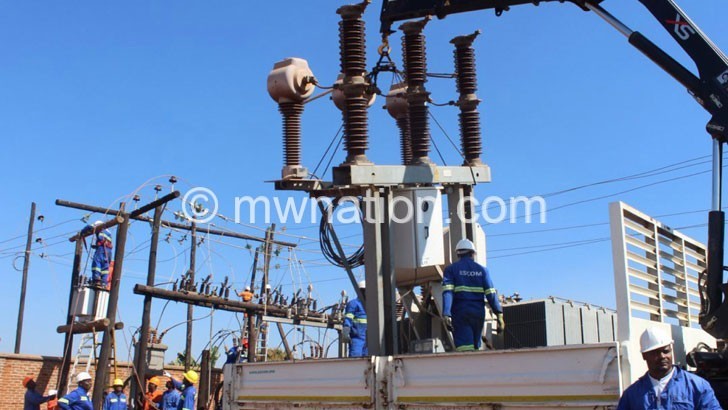World Bank approves K42bn for MW-Moz power project
The World Bank Group board of executive directors has approved $57 million (about K42 billion) towards the Malawi-Mozambique Regional Interconnector Project.
The project is designed to interconnect Mozambique and Malawi transmission systems to enable both countries to engage in bilateral and regional power trade in the Southern African Power Pool (Sapp).

Its main undertakings include construction of a 218-kilometre, 400 kilovolts (kV) high voltage alternating current transmission line, grid connections, and associated infrastructure, including substation works.
In a statement issued on Friday, the Bretton-Woods institution says out of the approved resources, Mozambique will receive the lion’s share of $42 million (about K31 billion) in form of a grant, while Malawi will receive the remaining chunk of $15 million (about K11 billion) as credit.
In addition to the World Bank funds, Mozambique is expected to receive a grant of $24 million (about K18 billion) from the government of Norway trust fund which is administered by the World Bank, along with a 20 million euro (about K16 billion) grant from the Germany Government.
Malawi is also expected to receive 20 million euro (about K16 billion) through a European Union (EU) grant and both the EU and Germany Government grants will be administered by Kreditanstalt fur Wiederaufbau (KfW).
Senior financial specialist and task team leader of the project Dhruva Sahai the project will help meet electicity demand in Malawi.
She said: “The new Mozambique-Malawi Regional Interconnector project will establish a transmission link between the two countries to meet increasing electricity demand in Malawi and create opportunities for trading in the Sapp.”
Sahai said the transmission line starts at Matambo substation in Tete Province, central Mozambique, and ends at Phombeya substation in Balaka District in southern Malawi.
The Sapp is the first and the most advanced power pool on the continent, providing an alternative to domestic electricity generation to improve energy security.
Meanwhile, feasibility studies for the project have been completed, according to a latest 2019 Government Annual Economic Report.





